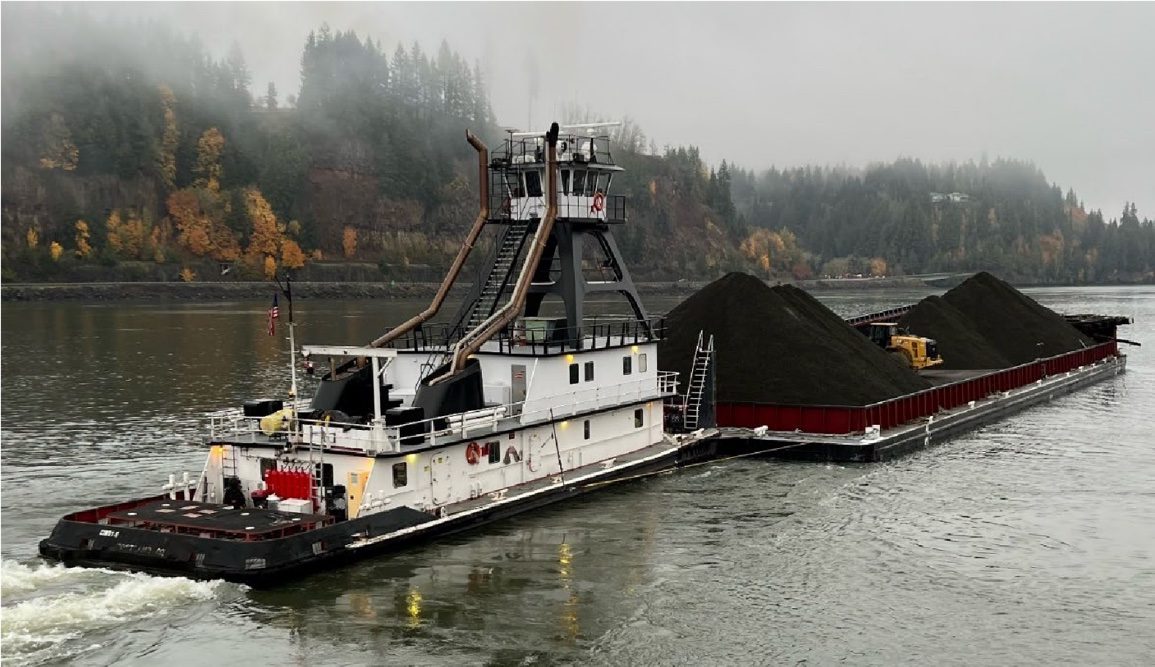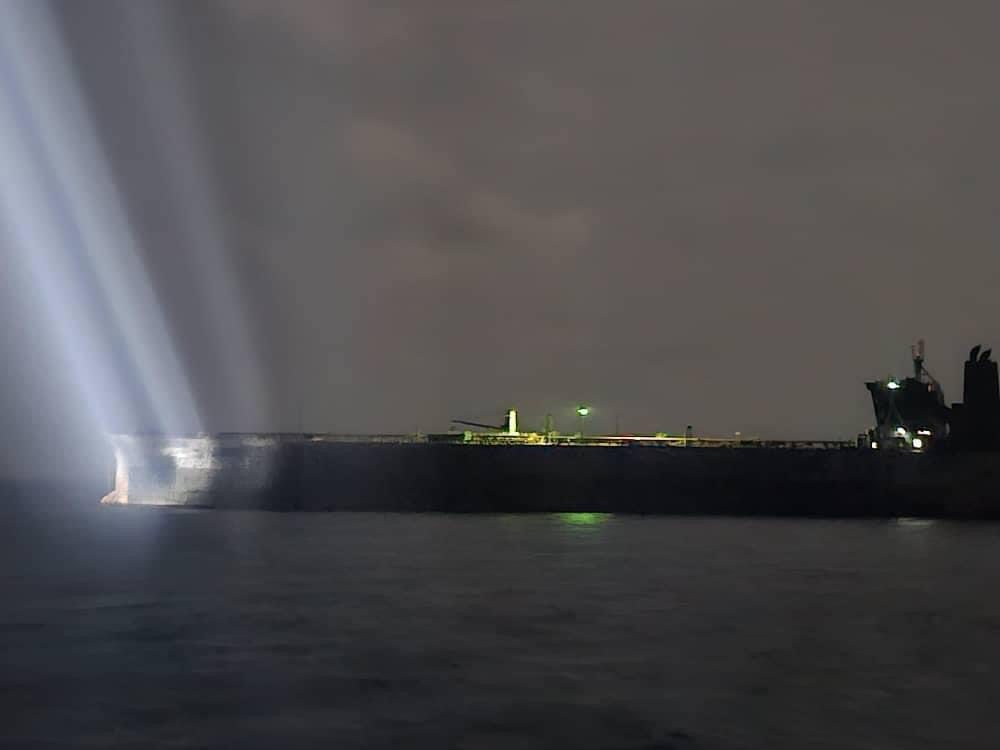An investigation report released Tuesday by the National Transportation Safety Board (NTSB) reveals that a deckhand at the helm of a towing vessel fell asleep before the tow struck a dock near Clatskanie, Oregon last year, causing $6 million in damages.
The incident occurred during the deckhand’s night watch, which ran from midnight to 6 a.m. The NTSB report indicates that the deckhand succumbed to fatigue towards the end of his shift, coinciding with a low point in his circadian rhythm. The situation was exacerbated by his recent transition from day to night watches, disrupting his sleep-wake cycle.
According to the report, the Cindy B, pushing the loaded deck barge St. John, gradually veered off course at 5:44 a.m., exiting the main channel four minutes later. The tow maintained its speed, striking the dock’s western causeway at 5:52 a.m.
Investigators found that the captain asked the deckhand to take the helm shortly after 5:30 a.m., just minutes before the accident, while he used the lavatory. The deckhand reported feeling alert at first, stating, “I was pretty pumped up still from untying the barge, so I was up … not tired. I … felt good.” After using the lavatory, the captain stopped in the galley on the main deck to make coffee, while the deckhand remained at the helm in the wheelhouse.
While in the galley, the captain felt the tow strike the dock. He rushed to the wheelhouse, where he discovered the deckhand in a confused and groggy state. The deckhand later recounted, “I started leaning forward and then I—that’s about all I remember … I sort of just fell asleep.” He only regained consciousness upon impact.
The NTSB found that a critical safety feature, the pilothouse alerter system, also failed to function as intended due to a swinging VHF radio microphone inadvertently resetting the system’s timers.
NTSB investigators emphasized the importance of proper alerter system procedures, stating, “Established procedures for the operation and use of the system, to include measures to ensure the system cannot be unintentionally reset, help ensure that it operates as designed.”
The NTSB report highlights the increased risk of accidents during night shifts, particularly in the first two nights of a night shift period. Investigators noted, “Disturbances in awake/sleep cycles caused by transitioning from daytime to nighttime watches or shifts result in increased accidents and occupational mistakes”.
The collision resulted in an estimated $6 million in damage to the St. John and Beaver Dock.
The incident serves as a stark reminder of the critical importance of managing crew fatigue in maritime operations and the potential consequences of lapses in vigilance.
The NTSB emphasizes that while the effects of disrupted sleep cycles cannot be completely eliminated, they can be mitigated through tools like properly functioning pilothouse alerter systems and by allowing longer rest periods between shifts. The board urges mariners to recognize the dangers of fatigue and understand how sleep loss can impact their performance.
You can read the full report here.
Editorial Standards · Corrections · About gCaptain

 Join The Club
Join The Club











